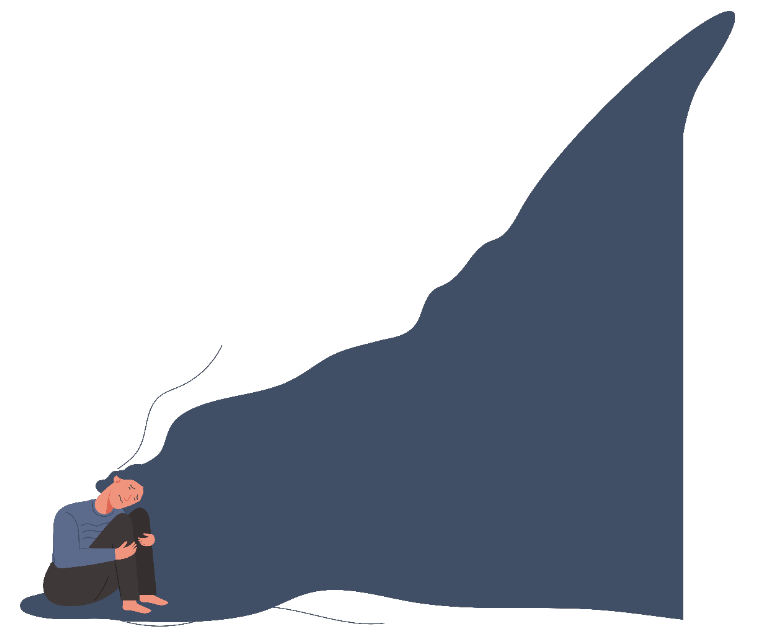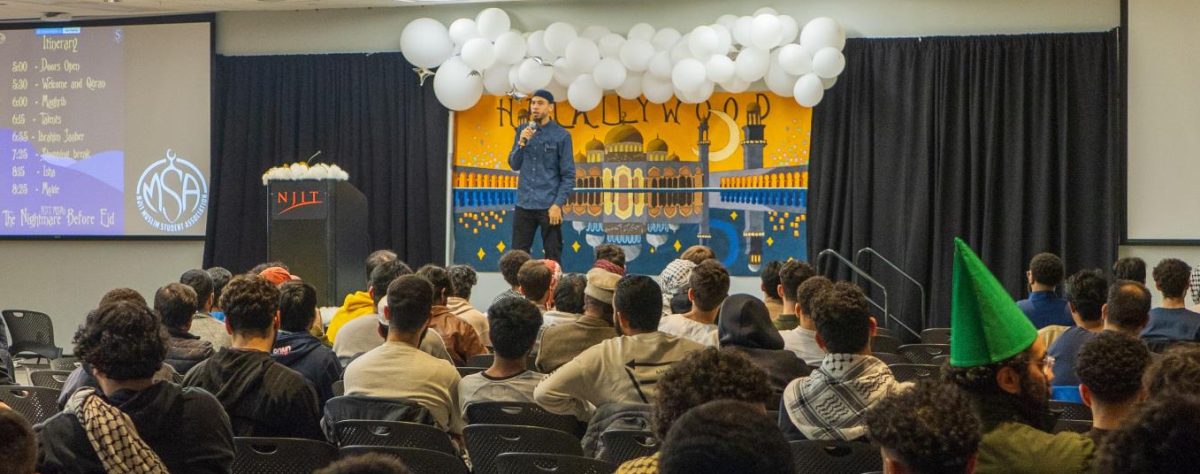Congress shall make no law respecting an establishment of religion, prohibiting the free exercise thereof, abridging the freedom of speech, of the press; or the right of the people peaceably to assemble, and to petition the government for a redress of grievances. (Amendment I, Bill of Rights) When our fore fathers had written the Bill of Rights, they believed that all of the rules written down were comprehendible and easy to follow. It was only fitting that they expressed the freedoms of man after they had just broken free from a tyrannical king. The Bill of Rights explains to people what an individual’s rights are and what the government is allowed to do, and it seems pretty straight forward when you look at it.
Flash forward to August 26, 2016. 225 years after the bill of rights was ratified, 49ers Quarterback Colin Kapernick is caught sitting during the national anthem, explaining that, “I am not going to stand up to show pride in a flag for a country that oppresses black people and people of color.” While he did not ask for a seal of approval, people wasted little time expressing how they felt about Colin Kapernick’s actions, with many people telling him to leave the country, along with vicious insults and derogatory statements. More recently, look at Donald Trump and his unorthodox style. With statements like banning Muslim immigration, and stating that Mexicans are rapists, criminals and drug smugglers (while he believes that some of them are good). Or look at when Hillary Clinton called Donald Trump supporters a “basket of deplorables”. With all this, comes the question of “What exactly designates what is free speech and what is hate speech?”
On October 12, NJIT held a colloquium about this controversial topic, and it was extremely riveting. Rather than a lecture explaining what one person thought free speech meant, it was more like an open forum where everyone was open to pitch in and discuss their take on what free speech meant.
The colloquium as a whole believed that hate speech is defined as: “speech that attacks, threatens, or insults a person or group on the basis of national origin, ethnicity, color, religion, gender, gender identity, sexual orientation, or disability” and there were some very interesting discussions that broke out. There was a discussion about whether or not speech is affecting the pace of political and cultural movements and how people are now able to advance their agenda. While some people believed that social movements are moving too slowly, (black lives matter/ police accountability) while other people believe that movements are moving at a pretty good pace (The same sex marriage movement). There was also the discussion of whether or not social media has an effect on social movements, and whether or not memes can be seen as hateful or negative. There was also the topic of whether or not people are able to only see what they want to see, and not interact with people who oppose their views. This also opens up the topic of whether or not trigger warnings and safe spaces are seen as necessary, or if they are just ways to please everyone.
Freedom of speech is a very controversial topic. While there are both positives and negative sides to this debate, it is up to us to define what the boundaries are when it comes to deciding when people have crossed the line. Going back to the Colin Kapernick incident, the idea of a peaceful, non verbal protest is definitely under the branch of non-violent protest described in the Bill of Rights. The response to Kapernick, however, was a violation not only of his rights, but also a violation of the rules of free speech. While words are the things coming out of our mouth, it is up to us to , “look at the intent, and not the impact” – Justin Inspires.










































